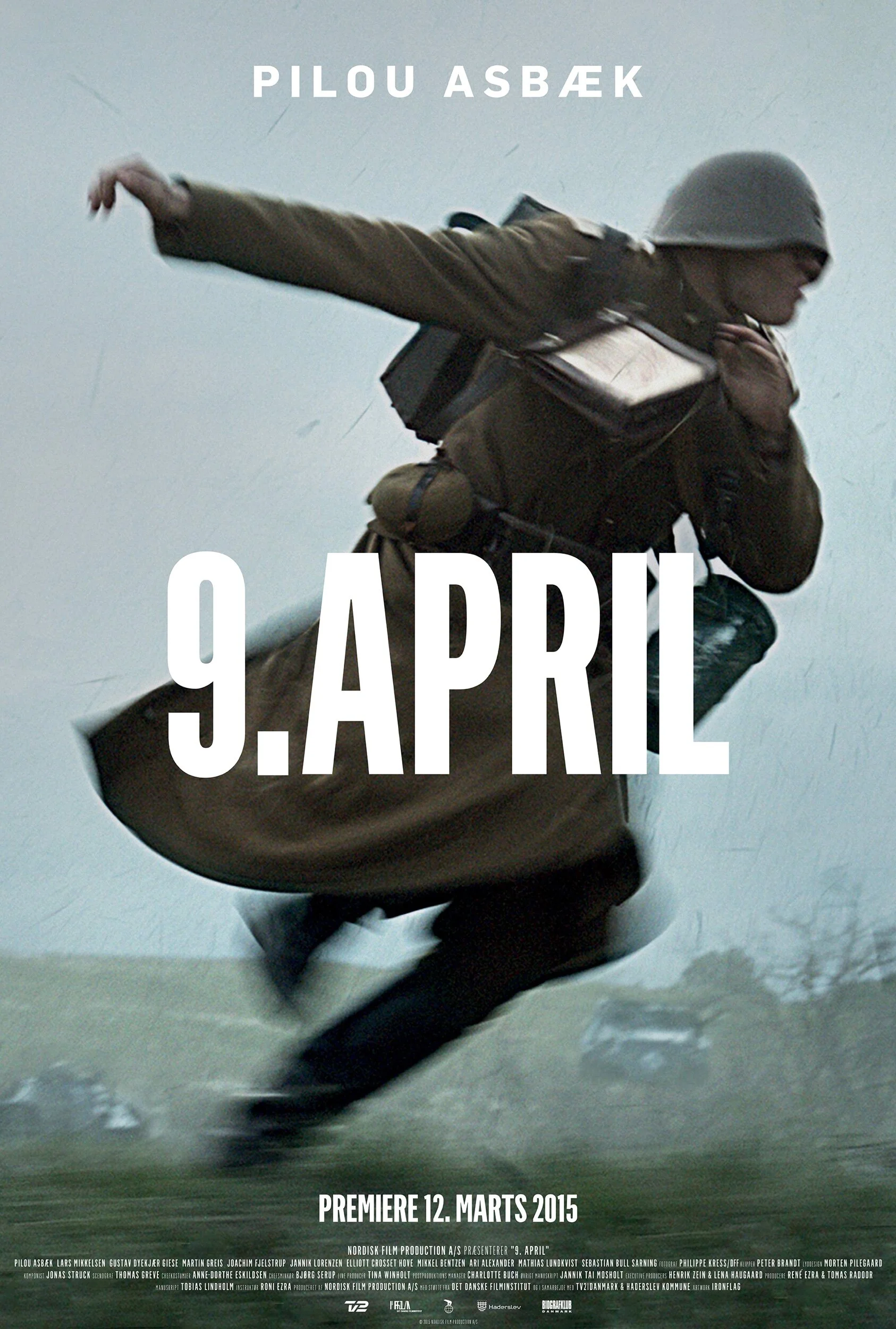My least favorite trope in historical fiction
/Well, perhaps not my least favorite trope in historical fiction, but certainly in the top three.
From a Chicago Tribune review of a recent historical novel about the great Anglo-Saxon abbess St Hild of Whitby. I haven’t read the novel in question and don’t intend to critique it or its author, but this paragraph raises an important issue:
[The author] does not always seem to understand how deadly cheap authorial irony is to historical fiction. There is a clumsy scene in which the Irish priest Fursey tells Hild of a dragon’s skeleton he saw embedded in a cliff. The sole purpose of the exchange, as with certain scenes in the first season of “Mad Men,” is to make the reader feel smug for understanding something the characters do not and could not: in this case, that Fursey has stumbled upon a fossilized dinosaur. To make sure we don’t miss the point, [the author] has Fursey reveal his ignorance of sedimentation and the tremendous age of the earth: “It must have been a cataclysmic event: such a beast hurling itself into solid rock.” The past on the page is a fragile reality, and the more distant the more fragile.
We’ve all encountered this: a few characters stumble across or discuss something someone else told them about, and through their faltering if not dumbfounded speculations we recognize something that we, Scientific Man of the 21st century, easily recognize. The characters misinterpret what they see and either credulously accept some ridiculous explanation for the phenomenon or, especially in a certain kind of fiction, superstitiously flee from or moralistically denounce it. And then the characters move on. The scene is purely there for us, we future-dwellers.
I don’t know if this has a name on TV Tropes, but if it doesn’t, it should. Let us call it “past forwarding.”
Hitting the “past forward” button
I could populate a very long list of examples. The simpleminded version is the time-traveler whose every accessory, from his watch to his zippers, is interpreted as witchcraft. (Blame this on Mark Twain.) Often these are not as threatening and intended to be humorous asides, as in a scene in the terrible World War II film Windtalkers in which Ox (Christian Slater) describes his plans to go into business after the war selling a Scandinavian confection called… yogurt. His buddies scoff, but we know better, and say, Hey, I know what yogurt is! and chuckle.
But just as often these little scenes are there to do precisely what the critic above says—flatter the reader at the expense of the characters in the story, characters who would all be long dead were they real people and thus unable to defend themselves. The critic’s mention of “Mad Men” is apt; the first several seasons are full of unsubtle moments in which the characters say and do cartoonishly offensive or thoughtless things—a girl pulls a plastic dry-cleaning bag over her head and her mother nonchalantly scolds her for messing up her dress, a family has a picnic and dumps their trash on the side of the road, leaving it there in a lingering wide shot as we, with Iron Eyes Cody, weep—not so much to illustrate the period but to settle the viewer comfortably in a position of moral superiority.
Now, “past forwarding” can be done well—I can think of good examples from two of Frederick Buechner’s novels, Godric and Brendan, and “past forwarding” of a peculiar kind in Walter Miller’s great novel A Canticle for Leibowitz—and it is not always used for the self-satisfied back-patting I describe above. But, as with any form of irony, it is a delicate tool so often misused that I think the writer of historical fiction is better off not attempting it without a really, really good reason. Certainly, if you’re confident that your planned case of “past forwarding” with be entertaining or amusing or offer the reader a good laugh, you should cut it.
Why? “Past forwarding” annoys me for three reasons, and writers of historical fiction would do well to avoid it for the same reasons:
It’s condescending
The characters in a story almost never come out of a moment of “past forwarding” looking good. The joke is almost always at their expense, leaving them looking credulous or stupid or, worse, dogmatic. (See the Evil Priest in virtually every medieval novel out there.) It casts your characters in an unnecessarily negative light—unnecessary because these things so seldom matter to the plot or the story. Allowing your characters to live and breath on their own terms and in their own context without this kind of intrusion—which amounts to their own narrator heckling them—will make them more fully human, their world more real and meaningful, and your story better. Treat your characters with charity, as equals, and your readers, receiving and responding to that charity, will take them more seriously, as they should.
It’s self-congratulatory
“Character defects fed by self-congratulation are the hardest to shed.”
Note that I said the joke is almost always at the characters’ expense. There is often a character who, finding himself in an incident of “past forwarding,” gets it—or at least knows that no one else is getting it. This character is often the author surrogate or meant to be the most sympathetic (read: most mentally and philosophically modern) character in the story. In one of Bernard Cornwell’s Uhtred novels, the characters meet an elderly hermit. The Christians ooh and ahh over the holy man as the drooling maniac paws at and gropes the women who have come to receive his blessing, and not one of them realizes they’ve been had by an insane pervert except aloof, pragmatic, cynical Uhtred—and us.
Self-congratulation is perhaps the most distasteful aspect of “past fowarding” to me. It undermines the moral dimension of storytelling, as rather than challenging or at least broadening the reader through an encounter with the strange and different world of the past, it flatters modern sensibilities, conflates the familiar with the superior, and offers up straw men to mock or scapegoats to blame. This is a dangerous tendency in any art, but especially storytelling. As John Gardner writes in On Becoming a Novelist, “Character defects fed by self-congratulation are the hardest to shed.”
It’s bad art
Implicit in the first two criticisms—that “past forwarding” reduces your characters, even if only momentarily, to punching bags and flatters the reader rather than telling them truth—is that “past forwarding” is bad art. It calls attention to itself, and necessarily—by design—breaks the reader’s “vivid and continuous fictive dream.” As the Tribune critic quoted above writes, “[t]he past on the page is a fragile reality, and the more distant the more fragile,” and so to make asides or jokes at the expense of our characters and their period “jostles our belief in the world [the author] has constructed.” Just as you wouldn’t put modern slang into the mouths of Attila’s Huns or buttons on Roman clothing or potatoes on the plate of a Viking, don’t mock the characters in the dream—it will wake the dreamer.
Conclusion
“[O]ur own age is also “a period,” and certainly has, like all periods, its own characteristic illusions.”
I’ve written about topics adjacent to what I’m calling “past forwarding” here many times before: flippancy, presentism, chronological snobbery, bigotry as a failure of the imagination, and pietas. Let me commend those posts to you, as well as two others. This post from earlier this year offers up some of the benefits of studying the past as expressed by historian Christopher Dawson, and this essay from CS Lewis (quoted in the latter) makes similar arguments. Perhaps most important of all is Lewis’s assertion that one must reach
the realization that our own age is also “a period,” and certainly has, like all periods, its own characteristic illusions. They are likeliest to lurk in those widespread assumptions which are so ingrained in the age that no one dares to attack or feels it necessary to defend them.
The result should be a certain charity toward those who lived before us.
While neither Dawson’s nor Lewis’s arguments touch on the writing of historical fiction per se, they do overlap with a concern that runs through this post and those I linked above: character, or virtue. Charity, pietas, humility—both a humble recognition of one’s own contingency in time and a humble receptivity to the past—all of these are crucial to a writer’s exploration and recreation of the past, and putting in the work to discipline and shape your own character will inevitably shape and enrich your fiction. It will make it better—or at least keep you from making cheap jokes.















